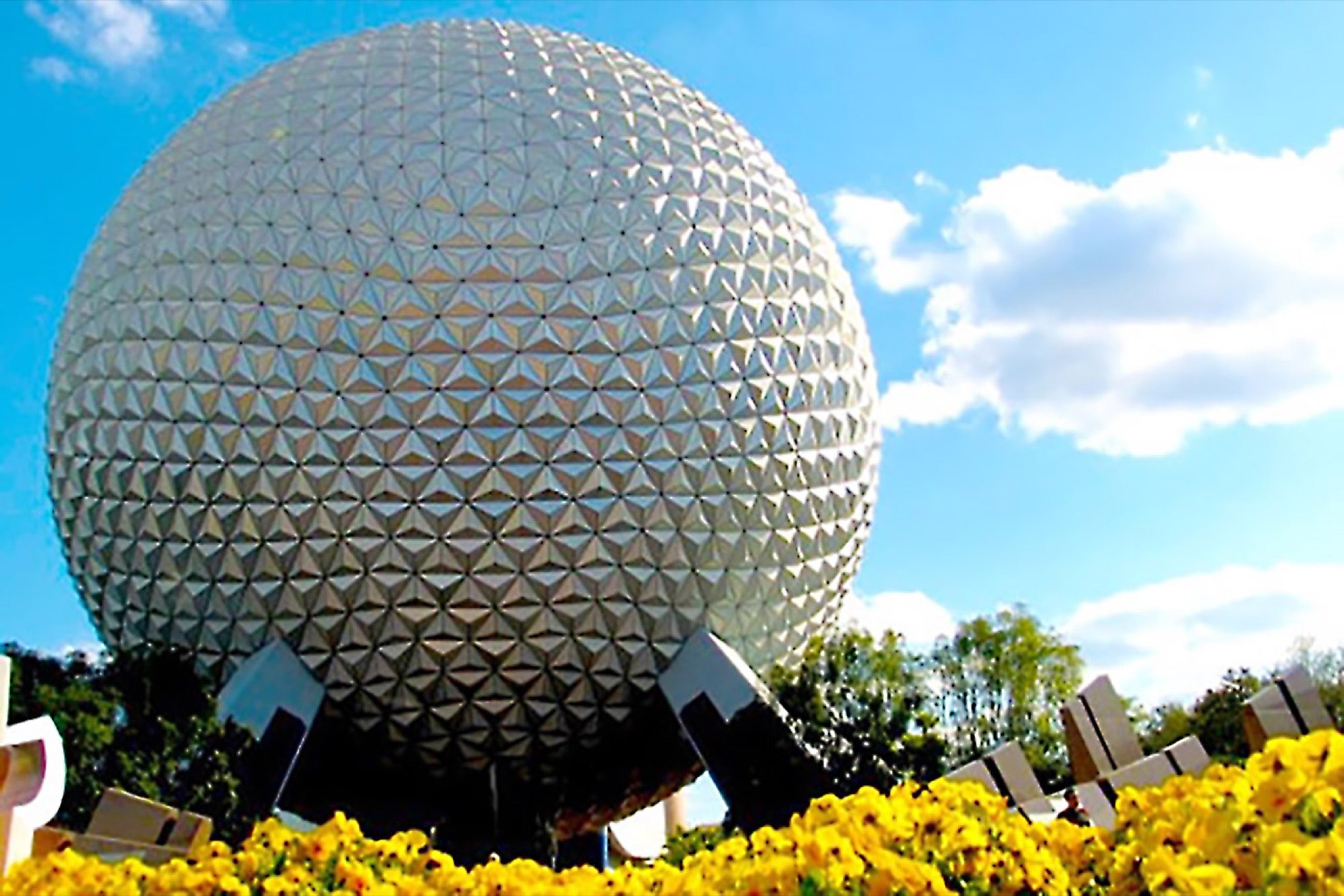Orlando Entrepreneurs Say Magic Is Returning After suffering the double whammy of a housing crash and drop in tourism spending, Orlando's economy seems to have turned a corner.
By Sarah Max
Our biggest sale — Get unlimited access to Entrepreneur.com at an unbeatable price. Use code SAVE50 at checkout.*
Claim Offer*Offer only available to new subscribers
Opinions expressed by Entrepreneur contributors are their own.

Editor's note: We've been taking a virtual tour of U.S. cities to see how the 2008 financial crisis changed the entrepreneurial landscape, for better or worse. Read about New York, Houston, Washington, Baton Rouge, La., Boise, Idaho and Indianapolis.
The financial crisis hit Orlando with a one-two punch.
First tourism took it on the chin – obviously a big blow give that the region is home to Disney World, Universal Studios and other major theme parks. Then the housing market doubled over, wiping out home equity and many construction and real estate jobs in the process. The median single-family home sales, according to Zillow, plunged to $140,000 in early 2011 from more than $320,000 in 2007.
"It got to the point where you could no longer assume a restaurant you wanted to go to was still in business," recalls Richard Fox, a serial entrepreneur and partner with the Astralis Group, which advises and invests in concept-stage companies. "You had to call and check before you planned to meet there."
As in other cities around the country, the recession was a catalyst for many would-be entrepreneurs to try to make a go of it. In Orlando, though, funding seemed even tougher to come by. Local angel investors were bent on protecting their depleted assets, says Fox, and venture capital funding in the region came to a screeching halt. Home equity had been a popular source of initial funding. "But we know what happened to that," says Gordon Hogan, director of the University of Central Florida Business Incubator Program, which saw applications drop by 25%.
Related: Boise Attracts Startups Seeking Quality of Life
Ted Murphy, founder of IZEA, a company that connects national advertisers with social media influencers, was forced to let go of half of his staff after one of his VC backers told him he needed to "cut off one arm and one leg and see if we could still swim," Murphy recalls. "It was a huge blow for morale." On the bright side, it forced the company to "figure out what we do well." Within 18 months IZEA doubled its profit margin, he says, and in 2011 it went public.
Nearly five years since the start of the Great Recession, some of the magic has returned to the city. Tourism dollars are coming back, home prices are creeping higher, and the unemployment rate – which averaged 11% in 2010 on a non-seasonally adjusted basis – was 7.1% in February.
Entrepreneurs, meanwhile, are starting to emerge from the rubble.
"It feels like there's a startup and tech renaissance," says Murphy, who met with four different startups last week alone to share advice gleaned from his own experiences. New ventures are migrating to office space downtown, sparking networking and enthusiasm. Design and development studios such as Envy Labs are cropping up. Established telephony company Voxeo hosts a co-working space for startups in its downtown space.
Meanwhile, startups are doing a better job mobilizing, says Murphy, who's hosting a Trucks & Tech event later this month, bringing together food trucks and techies. The city is also gearing up for its third Startup Weekend, which has sold out every year since its 2011 launch. Venture Pitch Orlando will follow in May.
Most people around the country know Orlando as a vacation destination – and sometimes that has its drawbacks, says Tom Cannon, who cofounded the reusable packaging supply franchise BungoBox in 2009. But it also has its advantages – including cheap direct flights to virtually every major city in the country "and from a franchise sales perspective it doesn't hurt to have your location near the mouse house," he says, referring to the Disney complex.
Related: Indy's Entrepreneurs Make a Full-Court Press
The tax situation is also a huge benefit. Florida has no state income tax "and the state really does make a point of keeping business taxes so low they are almost not a consideration," adds Fox.
While tourism is certainly a major part of the economy, the area also has a considerable high-tech presence, thanks in part to its proximity to the Kennedy Space Center and the Army's Simulation and Training Technology Center. More than two dozen colleges, universities or campus branches – the Florida Institute of Technology, Rollins College and University of Central Florida among them – call the region home, and many host incubators, venture labs and business plan competitions.
"One of our VCs wanted us to relocate to Silicon Valley, and my response was "in that case we'll need a lot more money because our costs are going to double,'" notes Murphy. Indeed, one big advantage of launching in Orlando, he says, is "you're not competing against the 800 pound gorillas for talent."
Funding is still hard to come by, say entrepreneurs of a common complaint in most cities outside Silicon Valley. "But there's no longer a feeling that just one dollar bill is available and circulating from one person to the next," says Fox, adding that these days he's only calling ahead to restaurants when he thinks he needs a reservation.
Corrections & Amplifications: An earlier version of this story misstated the name of Tom Cannon, co-founder of BungoBox.











